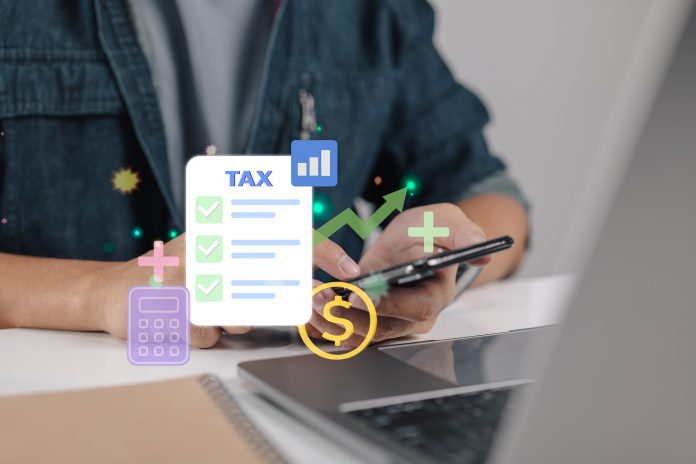In the Budget 2023, Finance Minister Nirmala Sitharaman made revisions to the income tax slab rates under the new tax regime. Tax savers should allocate their investments more wisely now that the new fiscal year, FY24, has already started to both fulfill their financial objectives and reduce their tax liability.
Tax Deductions under Union Budget 2023-24 Tax Regime
The 2023-24 tax regimes include benefits like lower tax rates, easier ITR filing, and easier compliance due to fewer document requirements.
- Employer’s Contribution Towards Employees’ NPF/EPF Accounts: Employer’s contribution towards EPF, NPS, and superannuation are available for tax deduction up to 7.5 Lakh. If the employer’s contribution exceeds that limit, it will be taxable. Salaried employees do not need to pay taxes on their employer’s contribution as long as it does not go beyond 12% of the gross salary.
- EPF Interest: If a salaried employee deposits more than 2.5 Lakh in an EPF account within a financial year, they must pay taxes on their interest, including TDS. However, if the interest earned does not exceed 8.10%, taxpayers can avail of some tax exemption benefits.
- Gratuity: A taxpayer receiving gratuity from their employer can claim a tax deduction up to a specific limit. According to the 2023-24 tax regimes, gratuity received on the employee’s death is tax exempted without any limits. The deduction for gratuity during a lifetime is 20 Lakh for non-government employees and no limit for government employees.
- Post Office Savings Account Interest: Under Section 80TTA, interest received on a post office savings account is not taxable up to 10,000. However, if the total generated interest exceeds this limit, the excess amount is deductible. Post office savings account holders who avail of this exemption can derive their gross taxable income by reducing the earned interest from other sources.
- Maturity Amount for Life Insurance: Under the new tax regime, taxpayers cannot claim tax deductions on their life insurance premiums. However, the maturity amount is exempted under Section 10 (10D).
- Maturity and Interest Amount for PPF and Sukanya Samriddhi Account: Under the new 2023-24 tax regime, contributions to the PPF account are not eligible for tax deductions. Section 80C makes interest and maturity amounts on PPF and Sukanya Samriddhi accounts taxable.
- National Pension Scheme Payment: The lump sum maturity payment received from the NPS is eligible for tax exemption under the new tax exemption list. Besides, it is tax-free on maturity on Tier-1 NPS accounts. Account holders can withdraw up to 60% of their NPS corpus. Any partial withdrawals are also tax exempted. Individuals who withdraw up to 25% of their NPS contribution amount can claim tax exemption according to their current IT regime.
- Under Sections 80CCD (1) and 80CCD (1B): individuals can claim tax benefits of up to 1.5 Lakh and 50,000, respectively, for their own NPS contributions. However, there are no tax benefits on the employee’s contribution but the employer’s contribution only under Section 80CCD (2). Furthermore, partial withdrawals up to a certain limit and the payment received at closure are tax exempted in the new regime.
- Leave Encashment at Retirement: Many companies pay employees for unused leaves at retirement. Non-government employees can claim tax benefits of up to 3 Lakh for such leave encashment.
- The amount for the Voluntary Retirement Scheme: If a taxpayer takes voluntary retirement, their monetary benefits will be tax exempted up to 5 Lakh.
Tax Exemptions Not Claimable Under the 2023-24 Tax Regime
- Standard tax deductions under Sections 80TTA and 80TTB
- Entertainment allowance and professional tax on salaries
- Employee’s contribution to own NPS
- LTA (Leave Travel Allowance)
- HRA (House Rent Allowance)
- Donation to a trust or political party
- Interest on Home Loan on vacant or self-occupied property under Section 24
- Minor child income allowance
- Children education allowance
- Helper allowance
- Other special allowances under Section 10(14)
The new tax regime is better than the old in various respects. Individuals can benefit from the new tax regime, but those looking for benefits under Section 80D and HRA exemptions can save more by remaining under the old tax regime.




